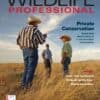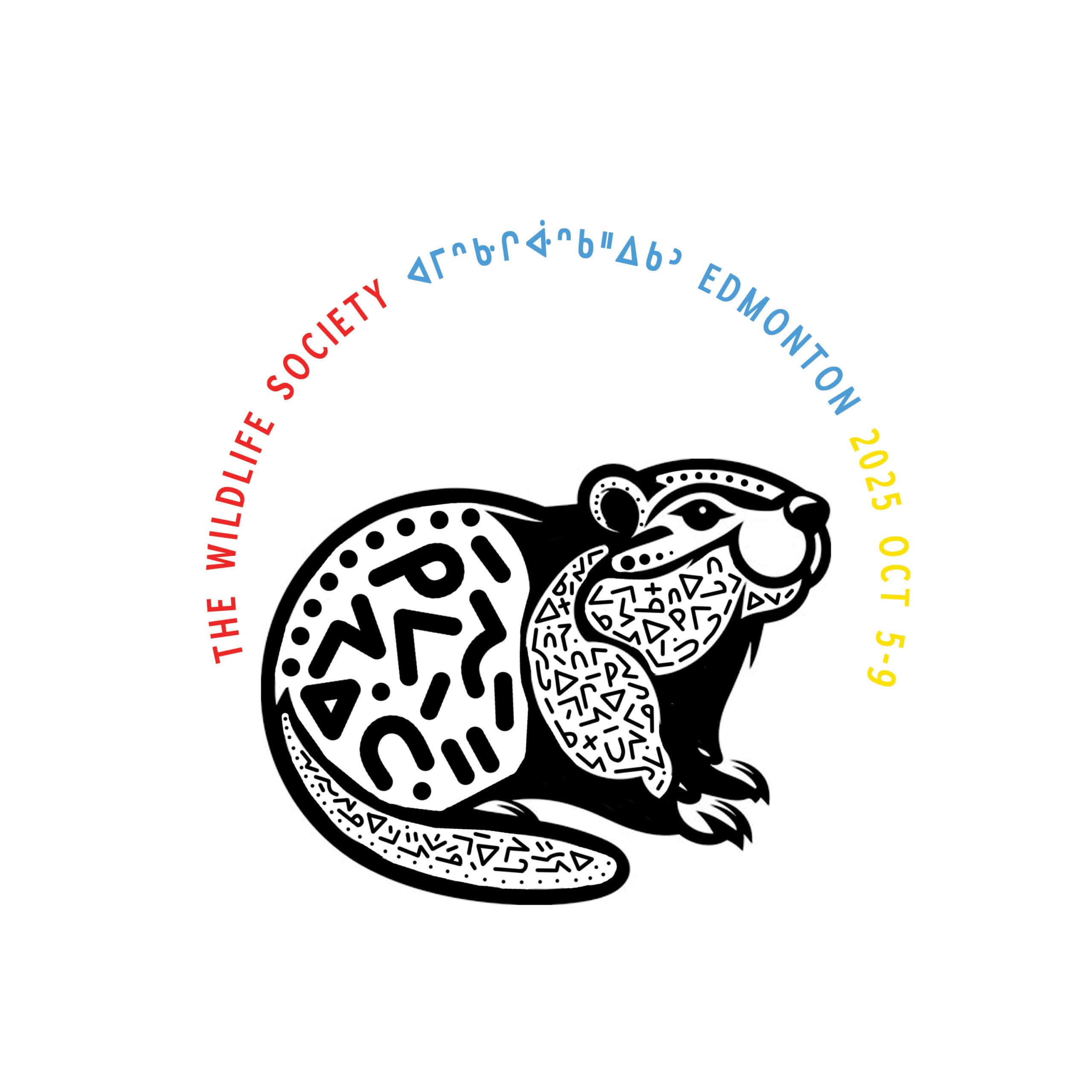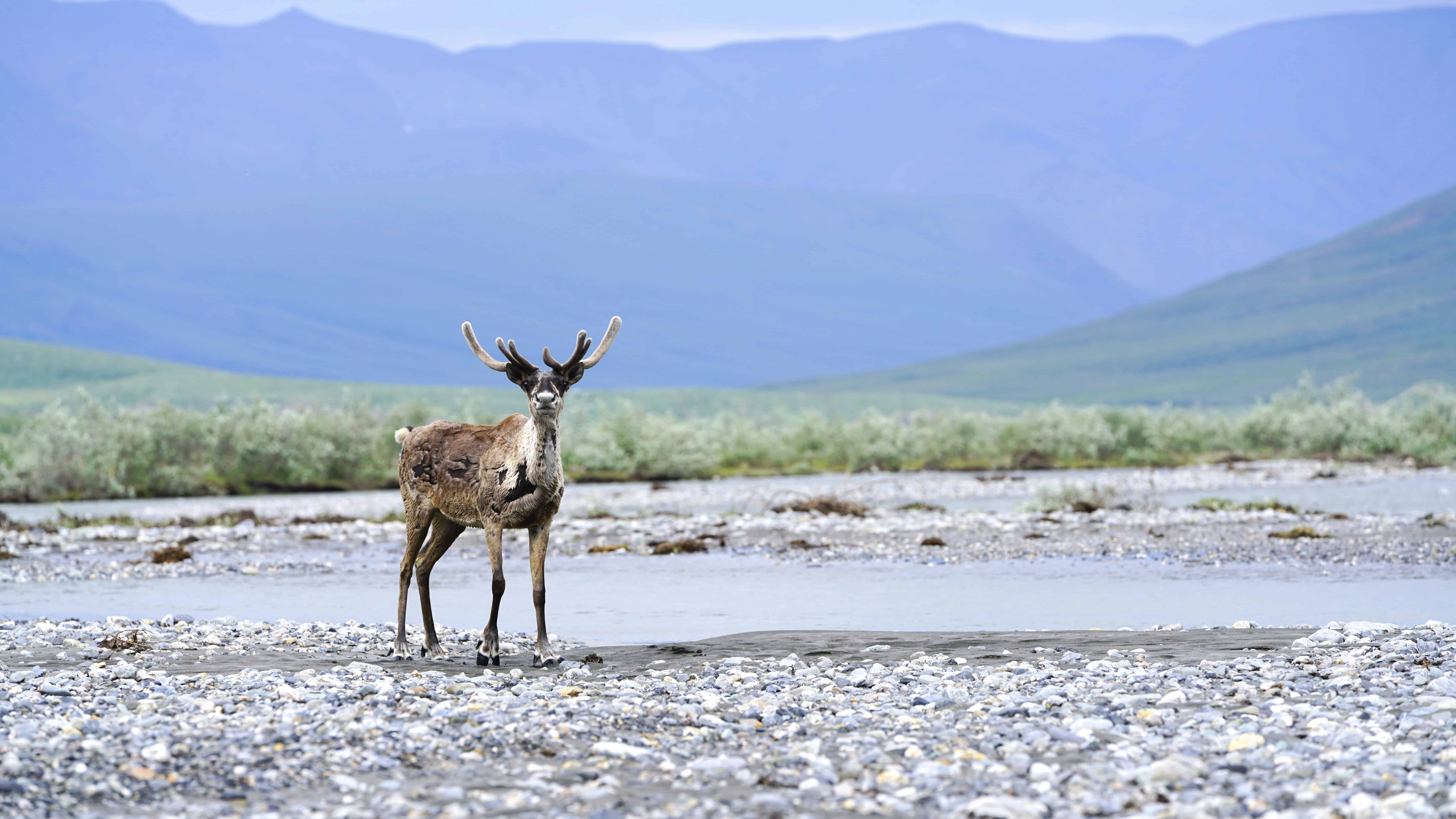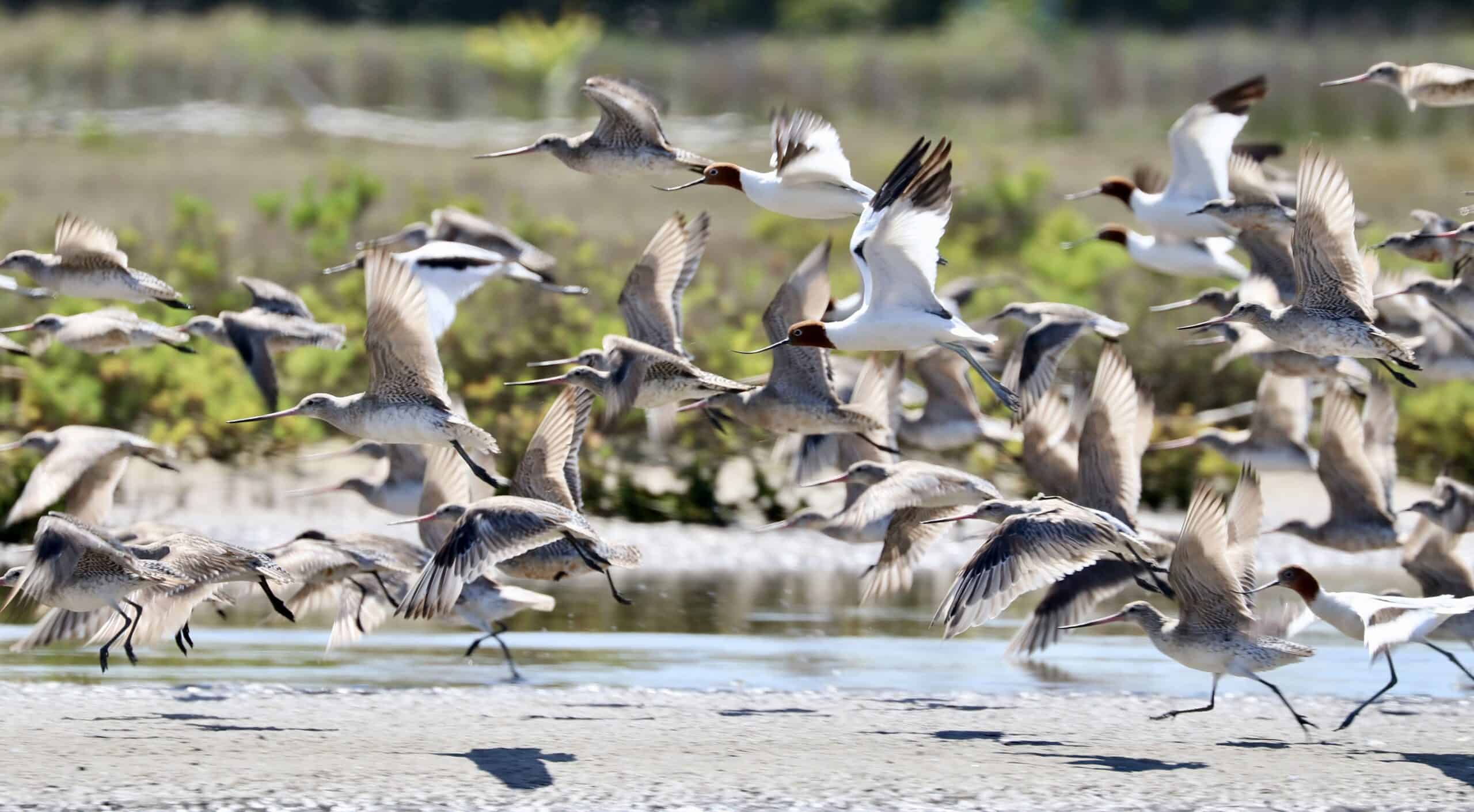Share this article
Plan Guides Management of Raccoon Rabies Outbreak
On December 4, the Ontario Ministry of Natural Resources confirmed a case of raccoon rabies in Hamilton, Ontario about 80 kilometers from the Buffalo, New York Airport and west of the oral rabies vaccination zone that USDA Wildlife Services has worked to maintain. Nine additional cases have been confirmed to date in the same region. The USDA National Rabies Management Program had considered this to be one of the most vulnerable areas for reemergence of raccoon rabies in Canada, west of the barrier. The last confirmed raccoon rabies case in Ontario was in 2005.
Canadian authorities are hand baiting and dropping up to 200,000 ONRAB oral rabies vaccine baits to control the outbreak, which was identified through an aggressive encounter between a raccoon and two, unvaccinated dogs. In Ontario in 2014, only 18 cases of rabies were diagnosed, all in bats. The number of rabies cases in the province has been reduced 99 percent since rabies control programs began more than 25 years ago.
Wildlife Services is considering a variety of management strategies in the Buffalo area including spring baiting, increased rabies surveillance and additional research on managing rabies in the urban-suburban environment. The rabies program’s long-term partnership with the Ontario Ministry of Natural Resources and the Canadian Food Inspection Services under the North American Rabies Management Plan as well as ongoing collaboration with Cornell University will facilitate a strong collaborative cross-border response.
Since 1997, WS National Rabies Management Program has worked cooperatively with local, state and federal governments, universities and other partners to address the rabies threat to human and animal health by distributing oral rabies vaccination baits in targeted areas. More than 8 million RABORAL V-RG® oral rabies vaccine baits were distributed from Maine to Alabama in 2015, including 31,000 last August in the Buffalo area. In field trials, almost 2 million ONRAB baits were distributed last fall from Vermont to West Virginia, including 168,000 in the Buffalo area. The field trials may lead to the U.S. registration of the ONRAB vaccine, which may prove more effective in a greater number of target species to control and eventually eliminate raccoon rabies.
Wildlife Services is a Strategic Partner of TWS.
Header Image: ©Mathias Apel, licensed by cc0 1.0








